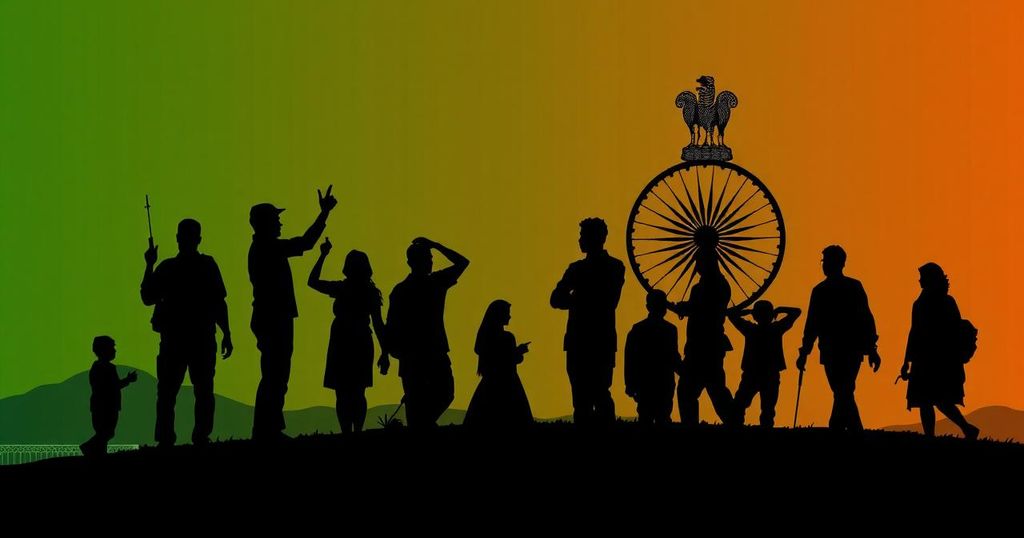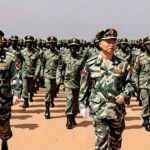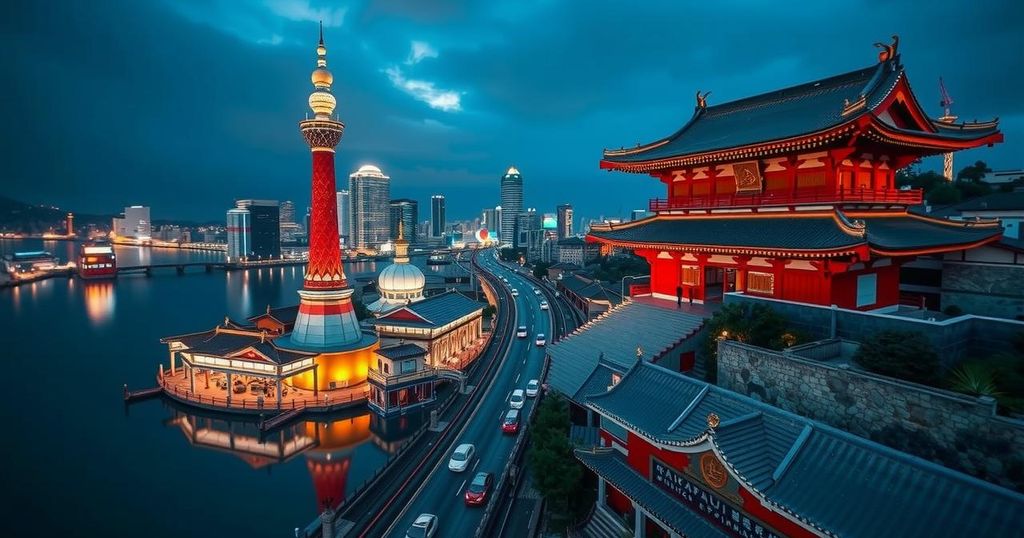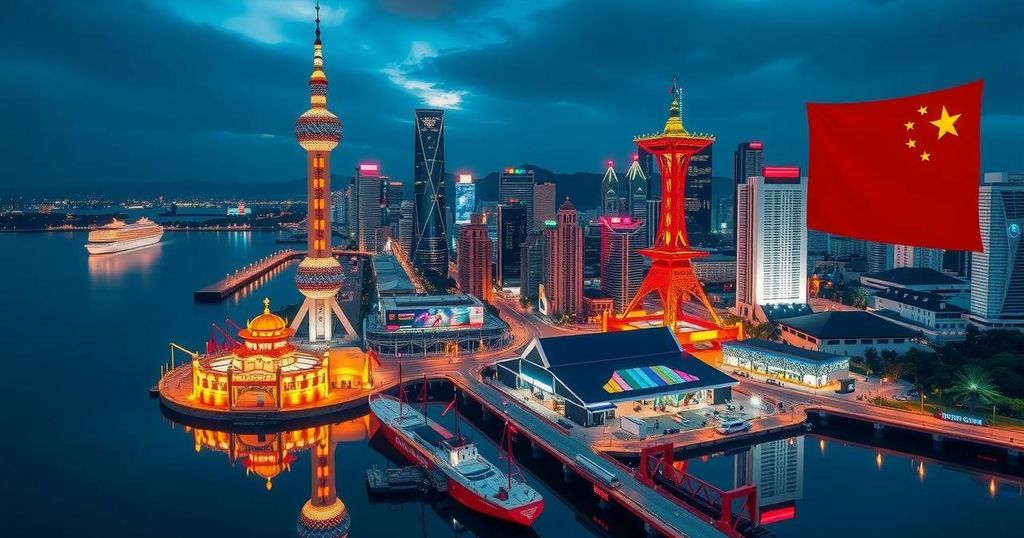India Urged to Strengthen Ties with Bangladesh During Political Transition
In light of the recent political upheaval in Bangladesh, foreign relations and security experts are urging India to reassess its relationship with Dhaka and to lend support to the current transitional government rather than focusing solely on individual political figures. The removal of Prime Minister Sheikh Hasina and the subsequent appointment of Nobel laureate Muhammad Yunus as the Chief Advisor of the interim government has left Bangladesh in a state of unrest.
According to Humayun Kabir, the head of the prominent think tank Bangladesh Enterprise Institute (BEI), India’s assistance during this transitional period is vital for the future of diplomatic relations between the two countries. Kabir stresses the importance of cultivating relationships with multiple political parties in Bangladesh, rather than exclusively aligning with a single party or leader.
In a recent phone conversation, Mr. Yunus conveyed to Prime Minister Narendra Modi that the new government in Bangladesh is dedicated to ensuring the safety and protection of minority groups, particularly the Hindu community. Prime Minister Modi reiterated India’s support for a democratic and stable Bangladesh, underscoring the significance of safeguarding the rights of minority communities.
Retired Major General ANM Muniruzzaman, President of the Bangladesh Institute of Peace and Security Studies (BIPSS), emphasized the need for India to align itself with the will of the people following the recent political revolution in Bangladesh. He stressed the importance of a people-to-people relationship as the foundation for bilateral ties between the two nations.
Debapriya Bhattacharya, a prominent economist and civil society figure, underscored the significance of the Bangladesh-India relationship for both countries, emphasizing the need for mutual trust and cooperation independent of specific political parties in power. Bhattacharya also highlighted the importance of protecting minority communities as a critical factor in shaping the relationship between the two neighbors.
The recent political developments in Bangladesh have prompted the need for a reassessment of India’s historical ties with the country. As expressed by Mr. Kabir, the people of Bangladesh are undergoing a significant transformation, and it is essential for India to comprehend and align with the aspirations of the Bangladeshi population during this time of change.
The relationship between India and Bangladesh has deep roots in historical and geopolitical factors, and the recent political shift in Bangladesh presents an opportunity for both nations to recalibrate their diplomatic ties. The events in Bangladesh are signaling a new era, and India’s understanding and support during this critical juncture will shape the future of their relationship with its neighboring nation.
Moving forward, it is imperative for India to recognize and acknowledge the evolving dynamics in Bangladesh and to extend a hand of friendship and cooperation based on the shared interests and aspirations of both countries. The potential for a renewed and strengthened relationship between India and Bangladesh lies in their ability to adapt to the changing political landscape and to forge a partnership that is founded on mutual understanding and respect.








Post Comment